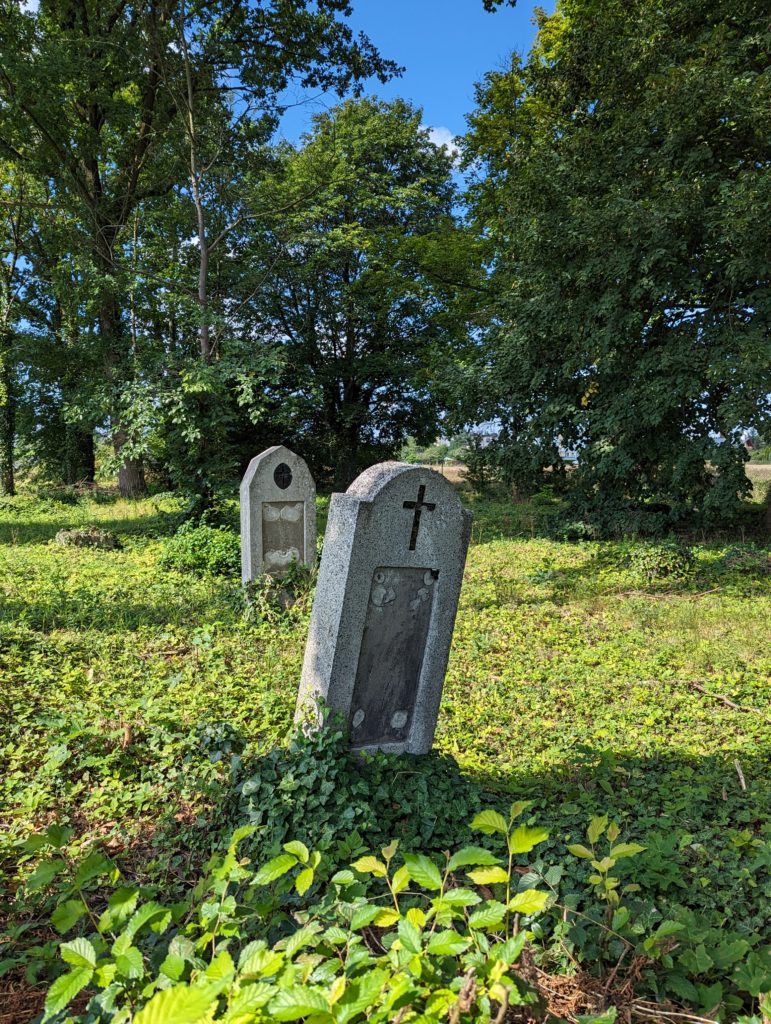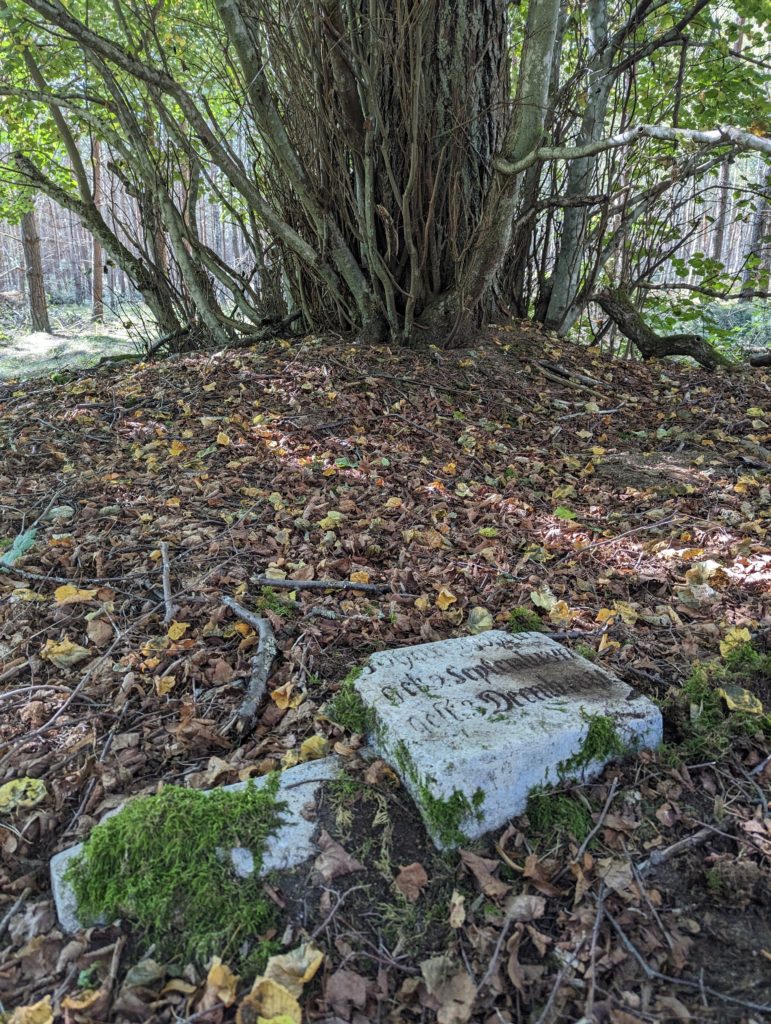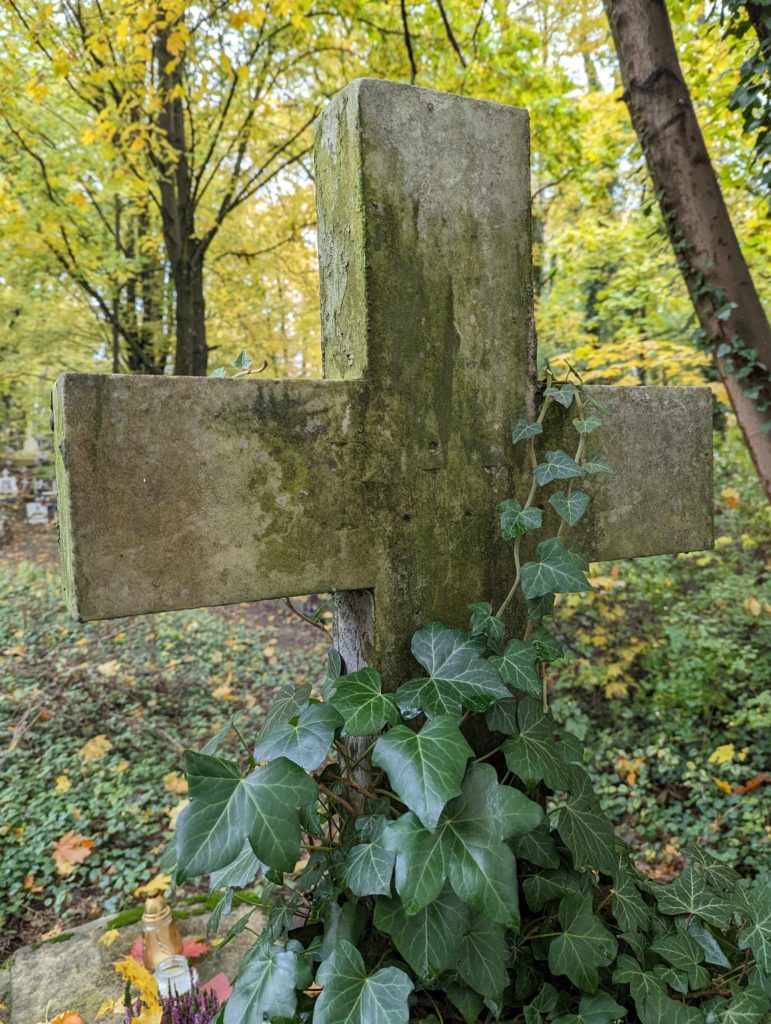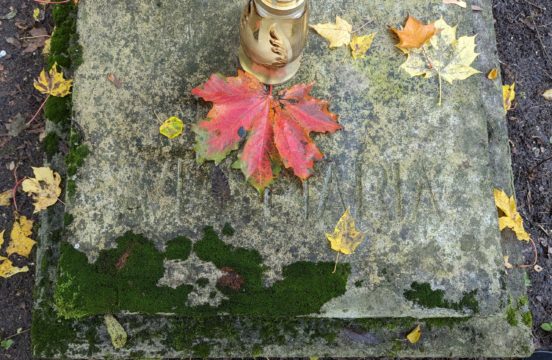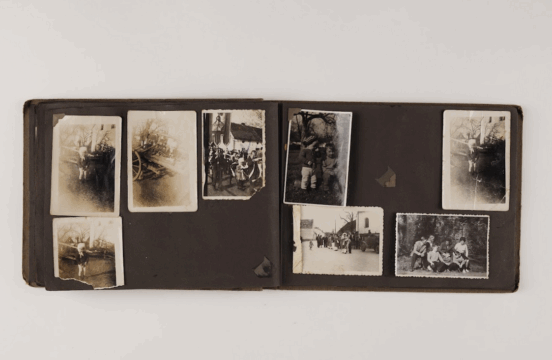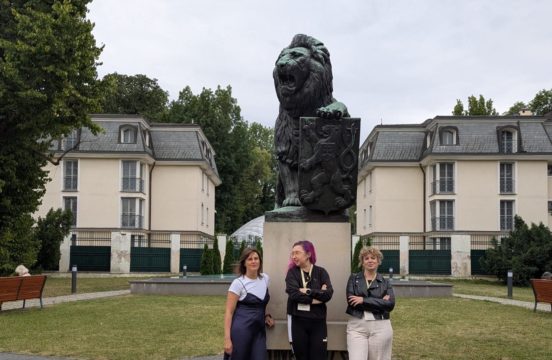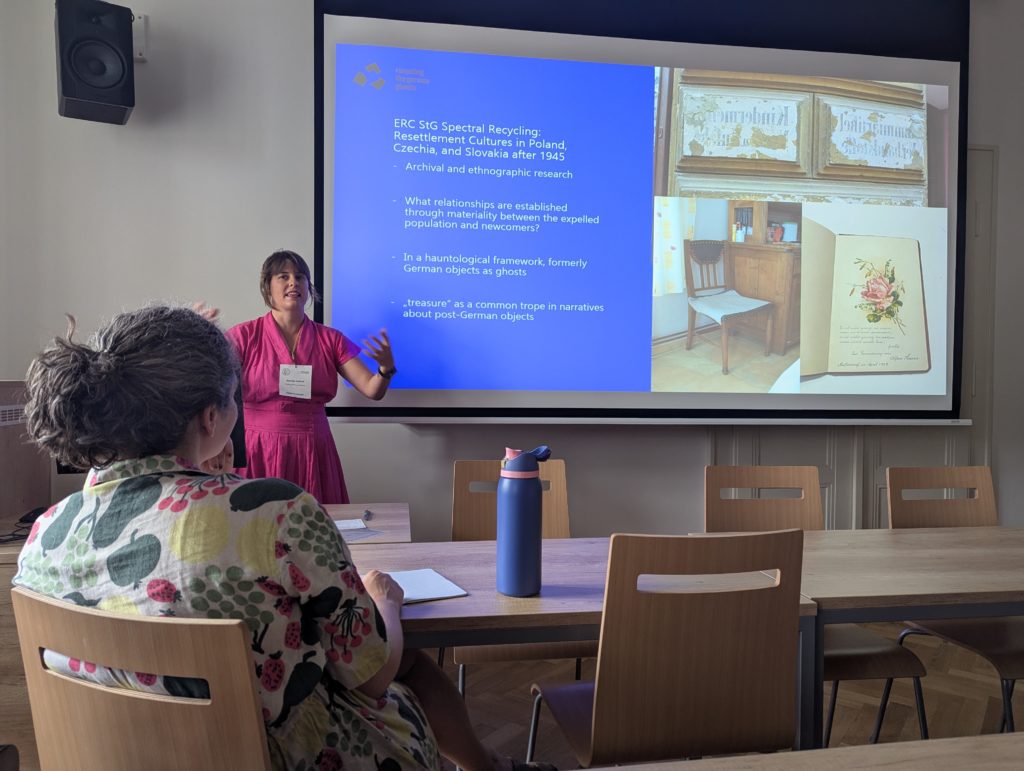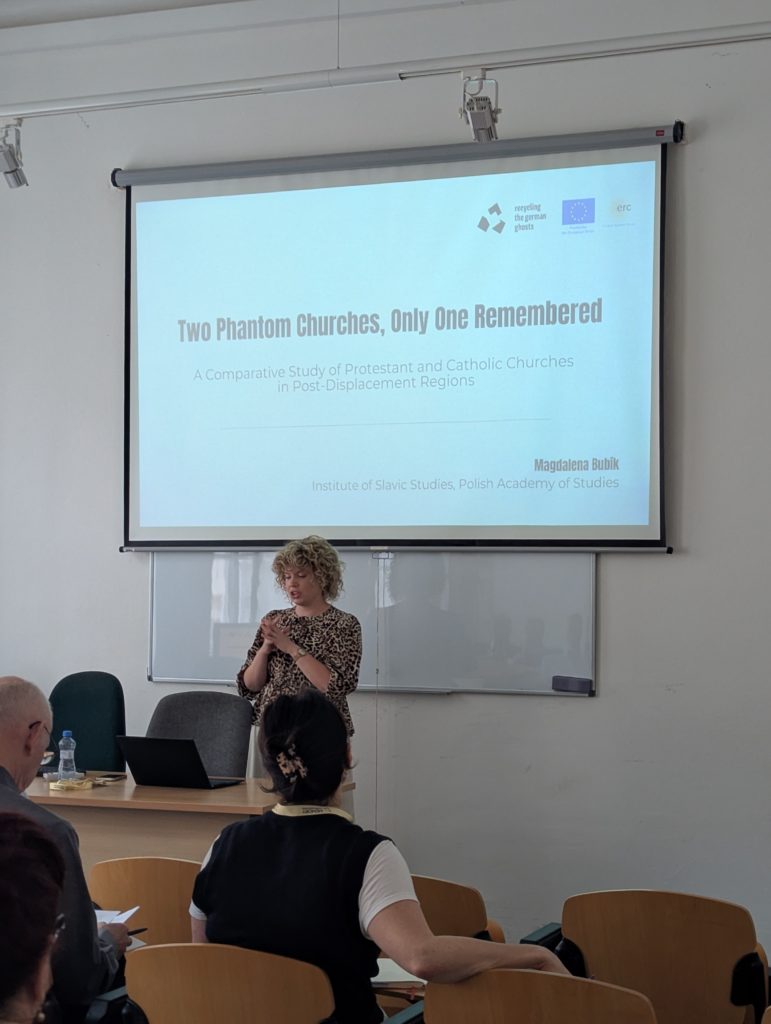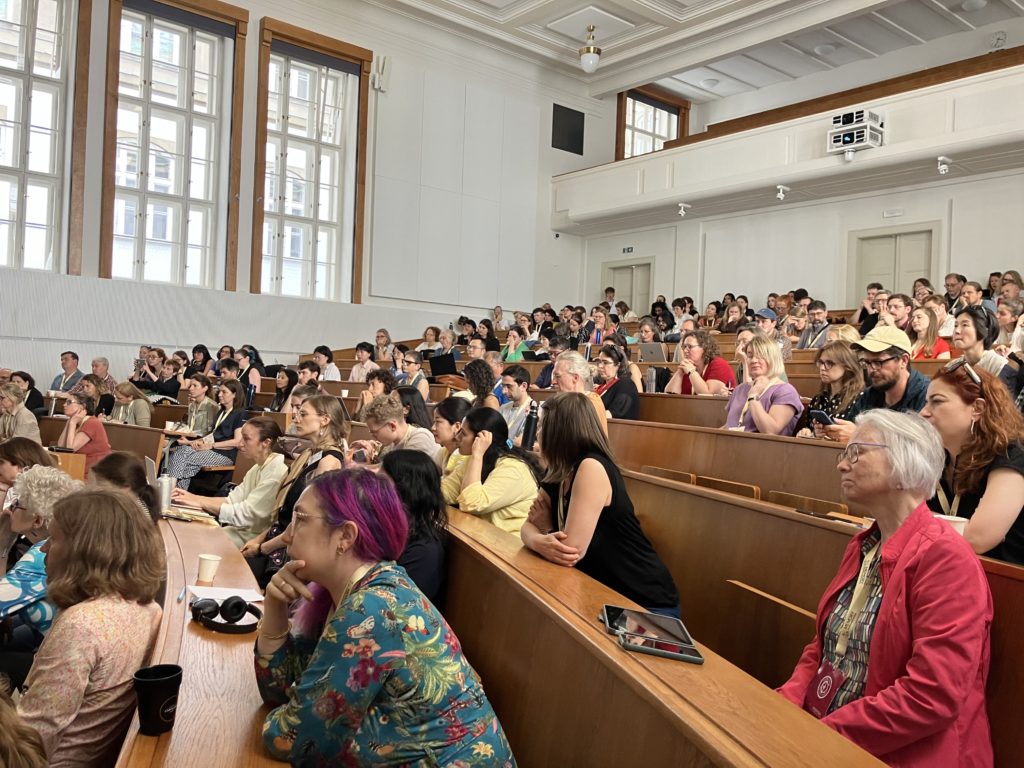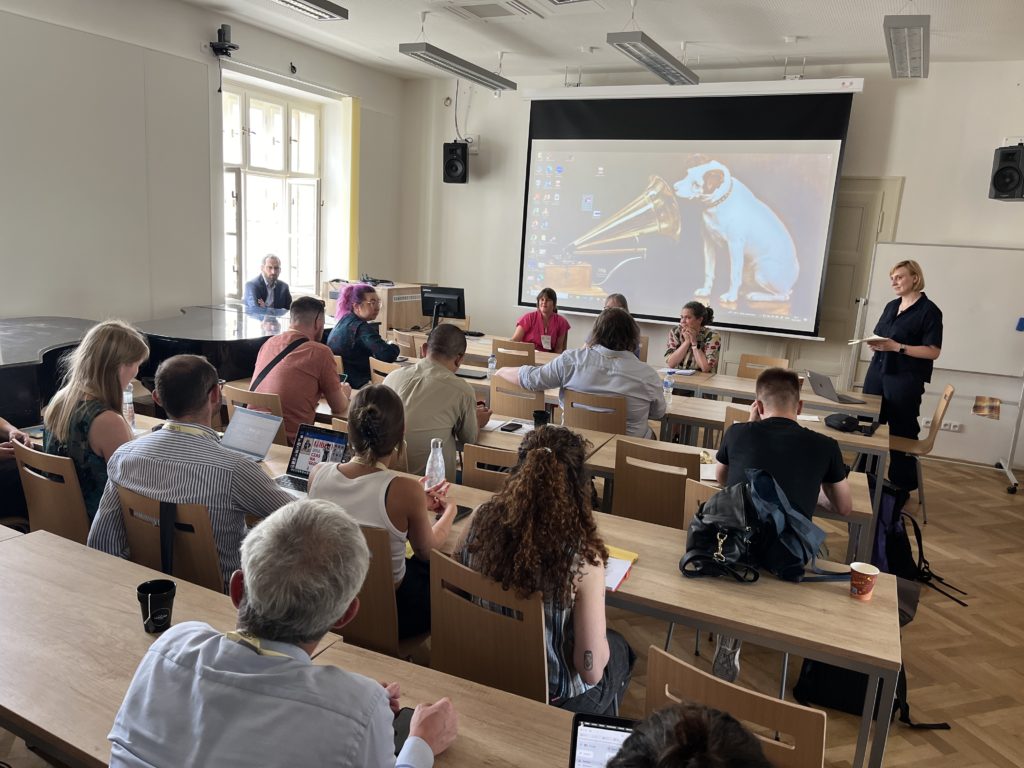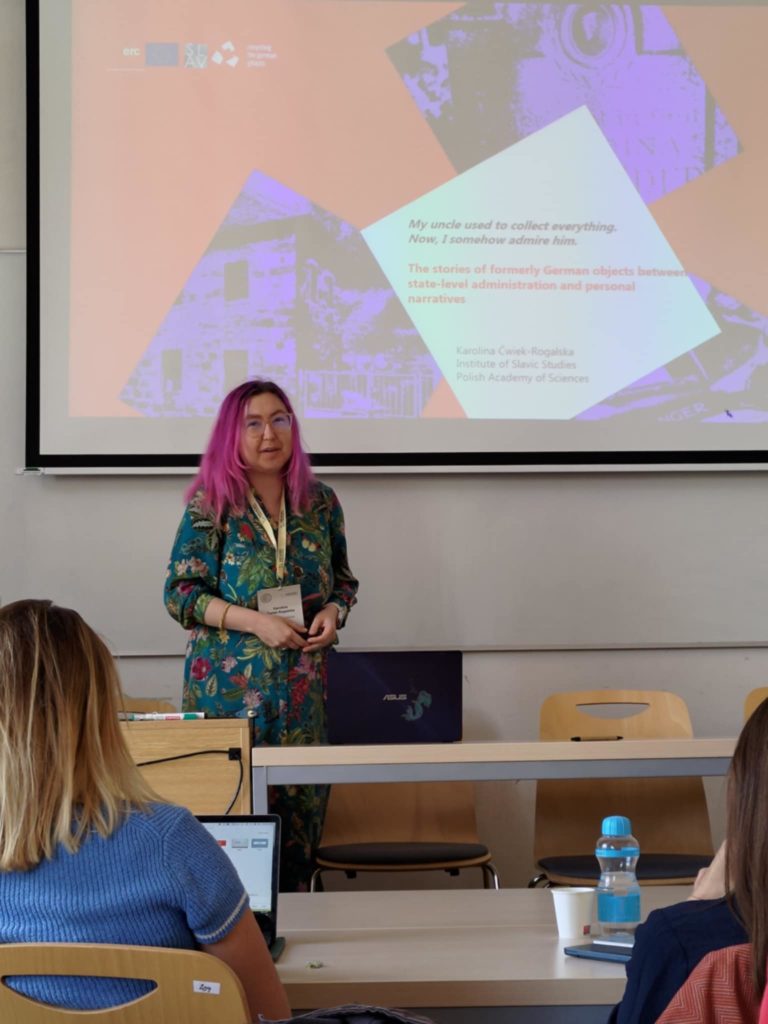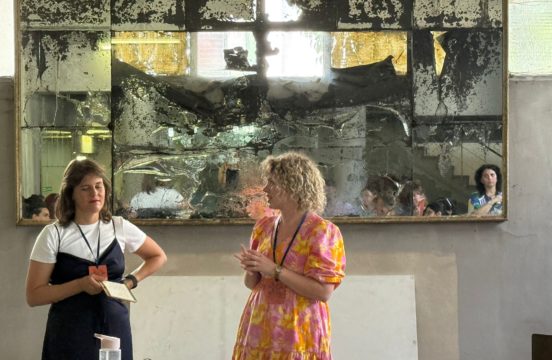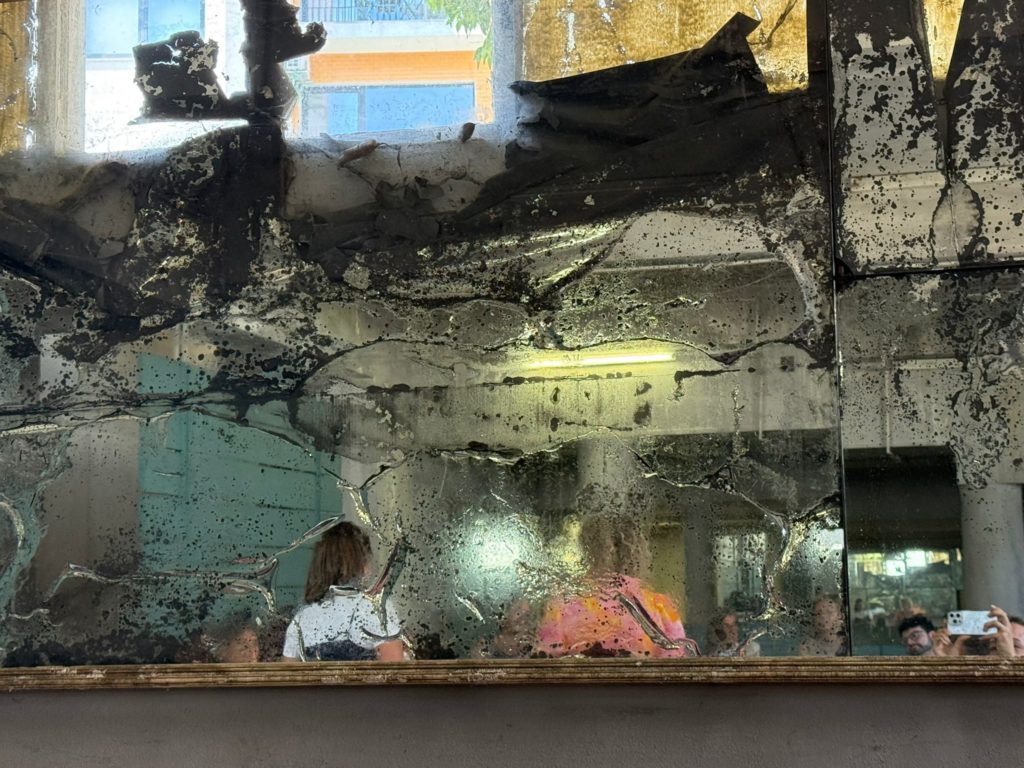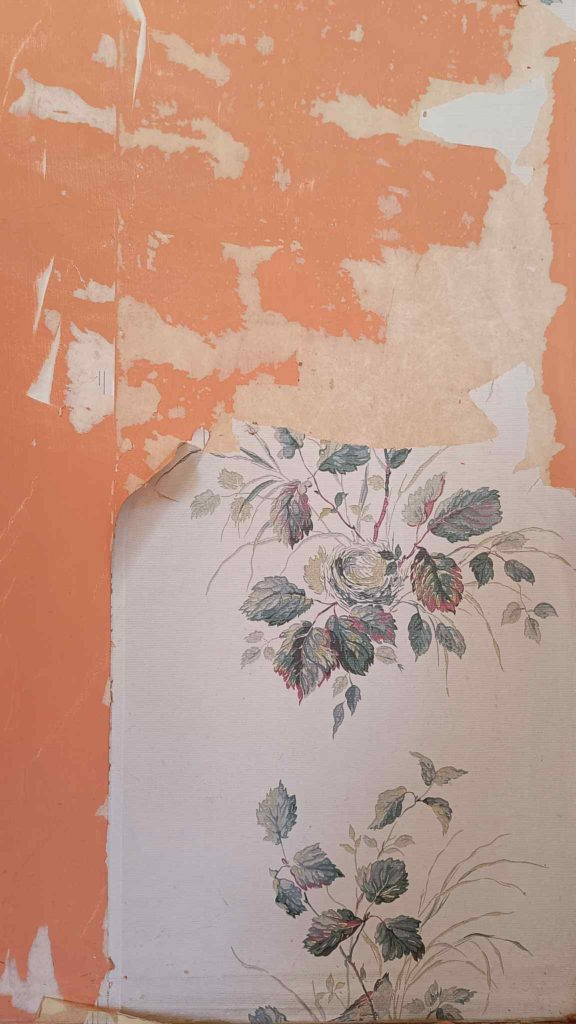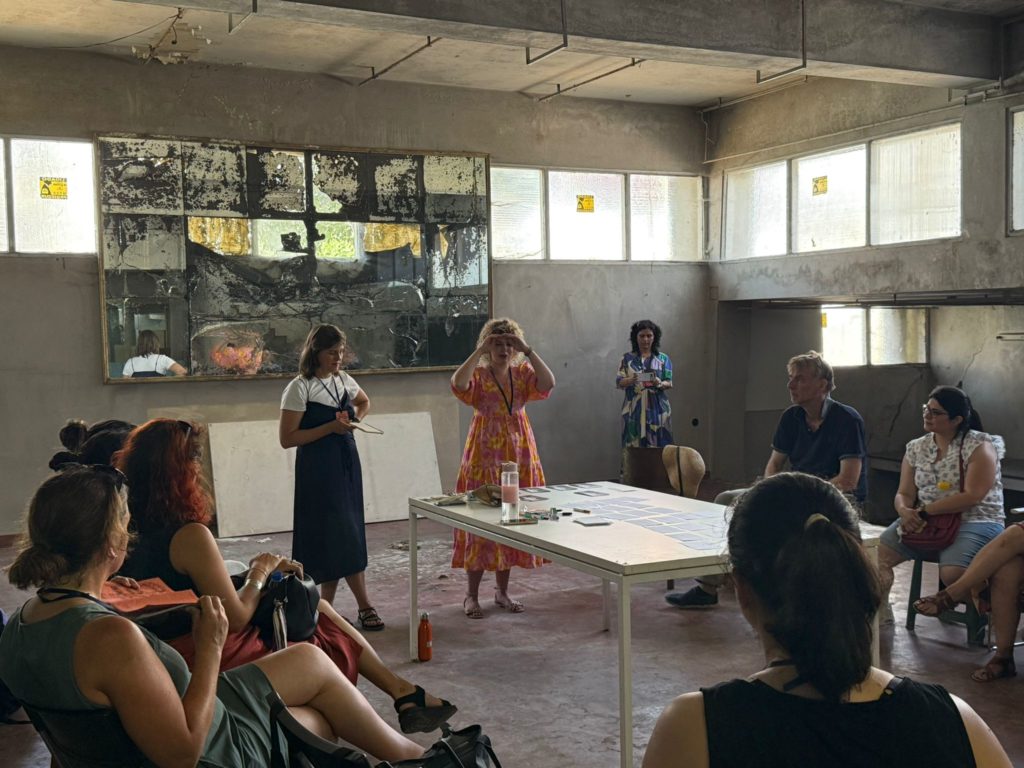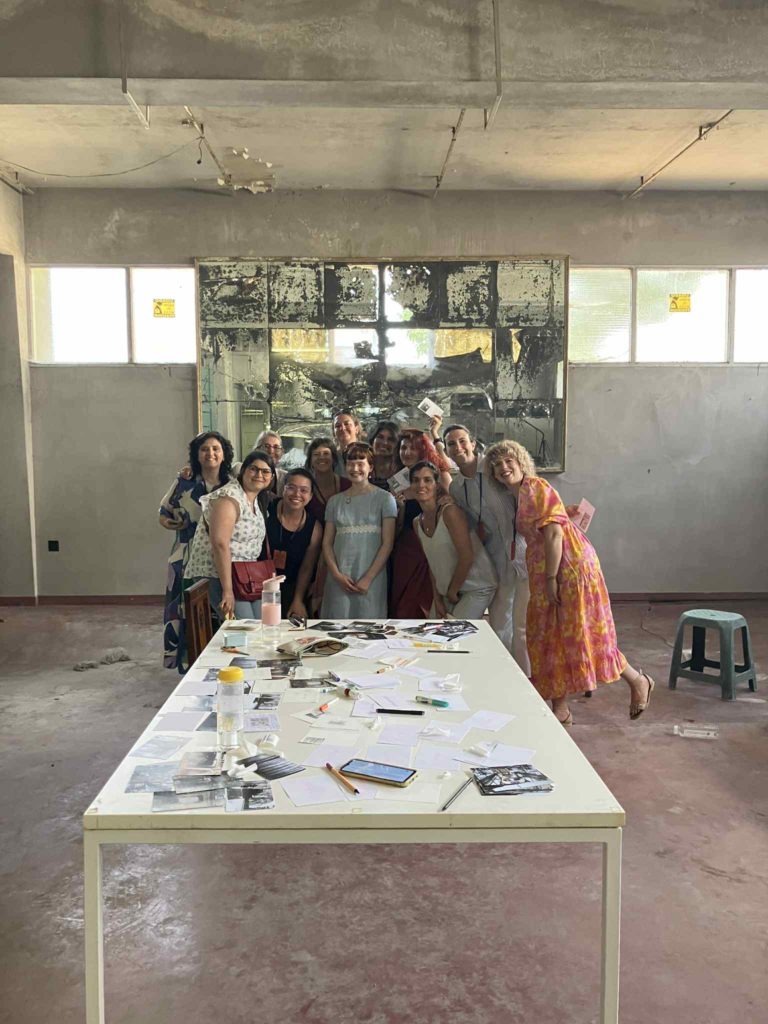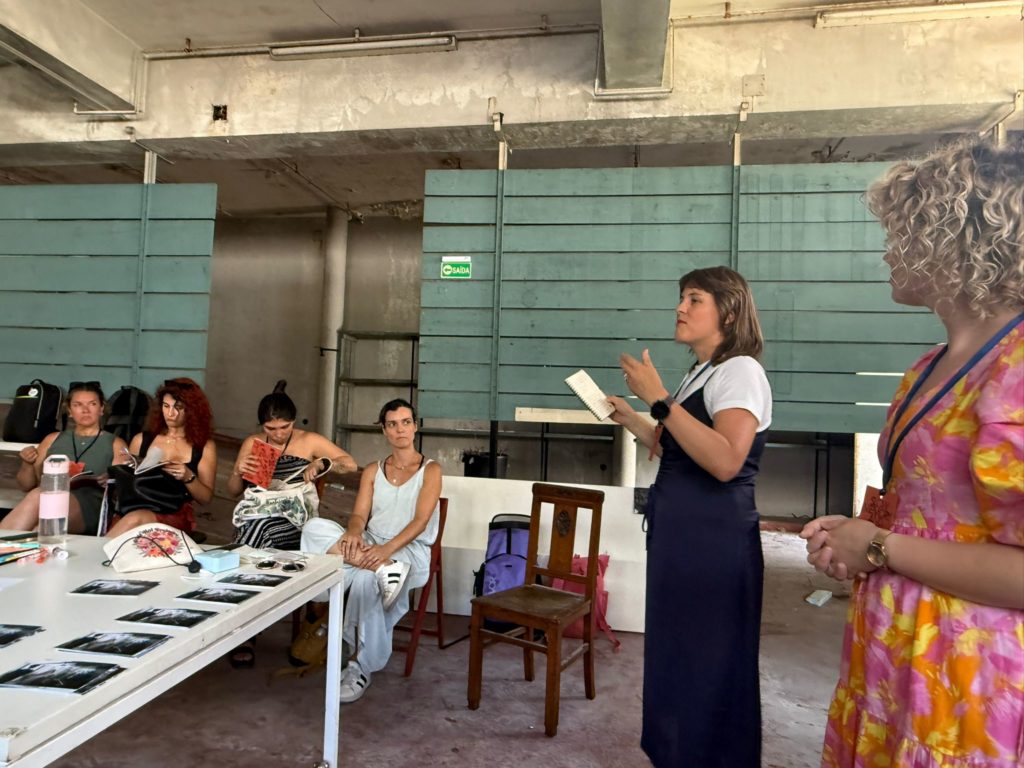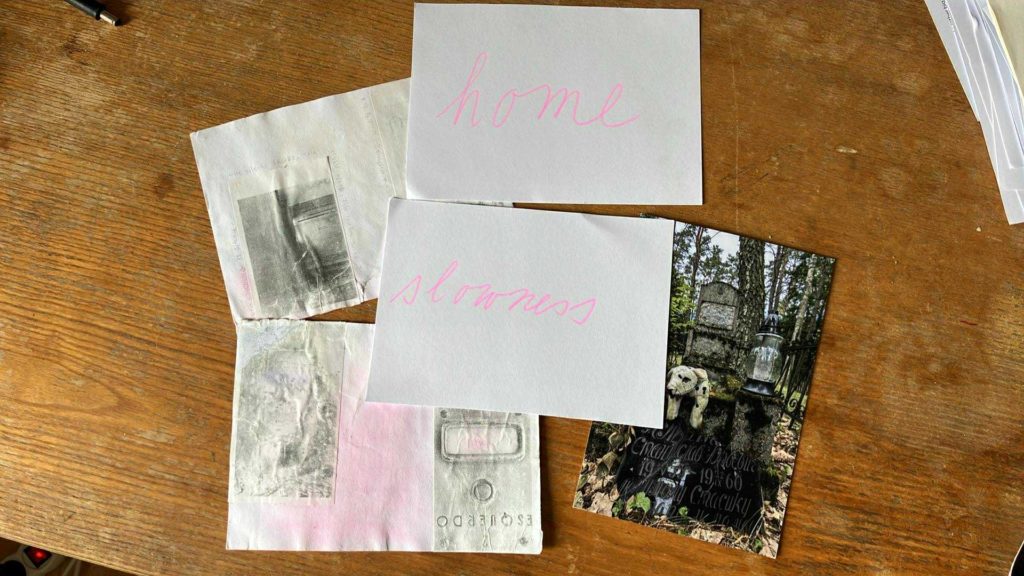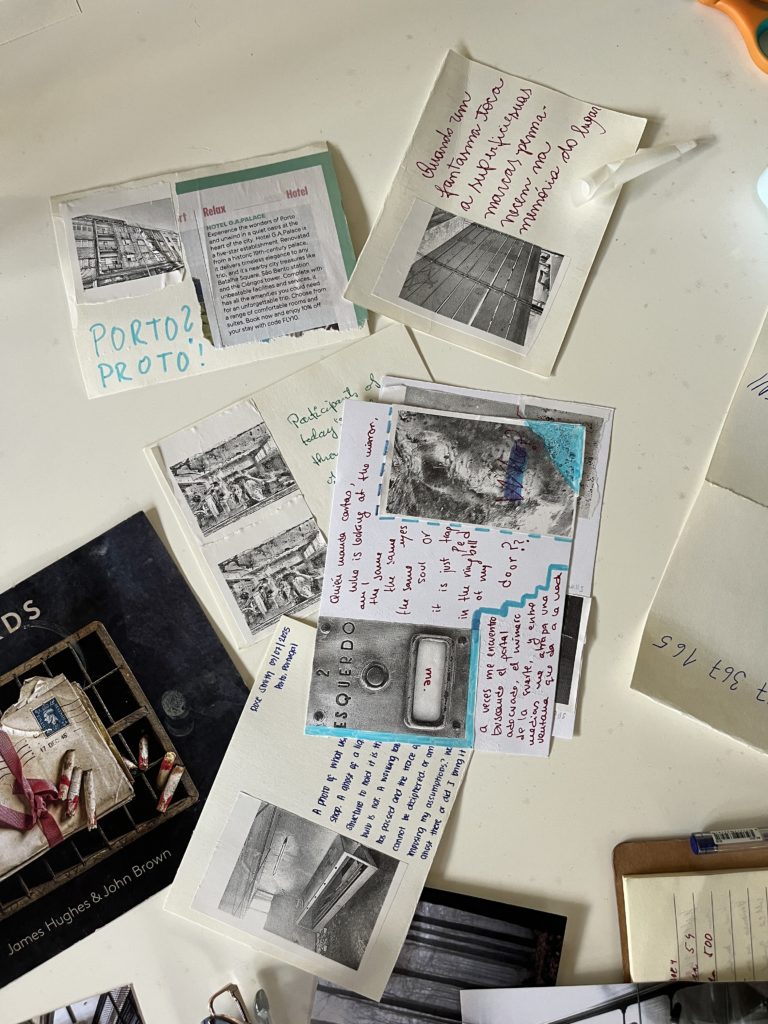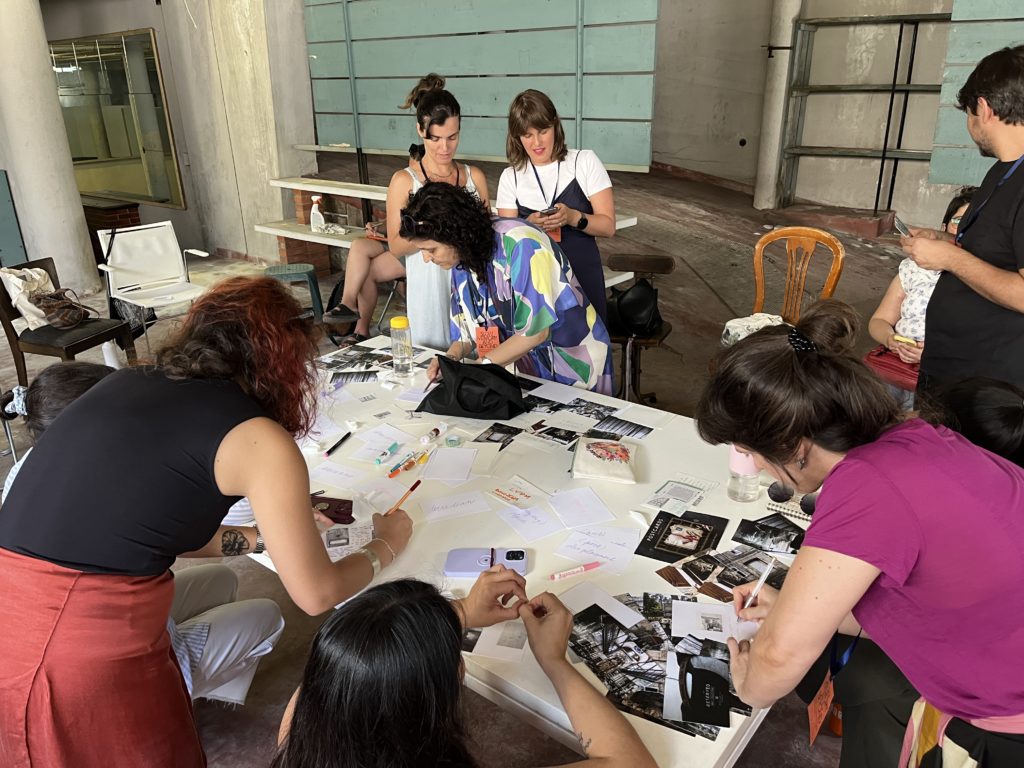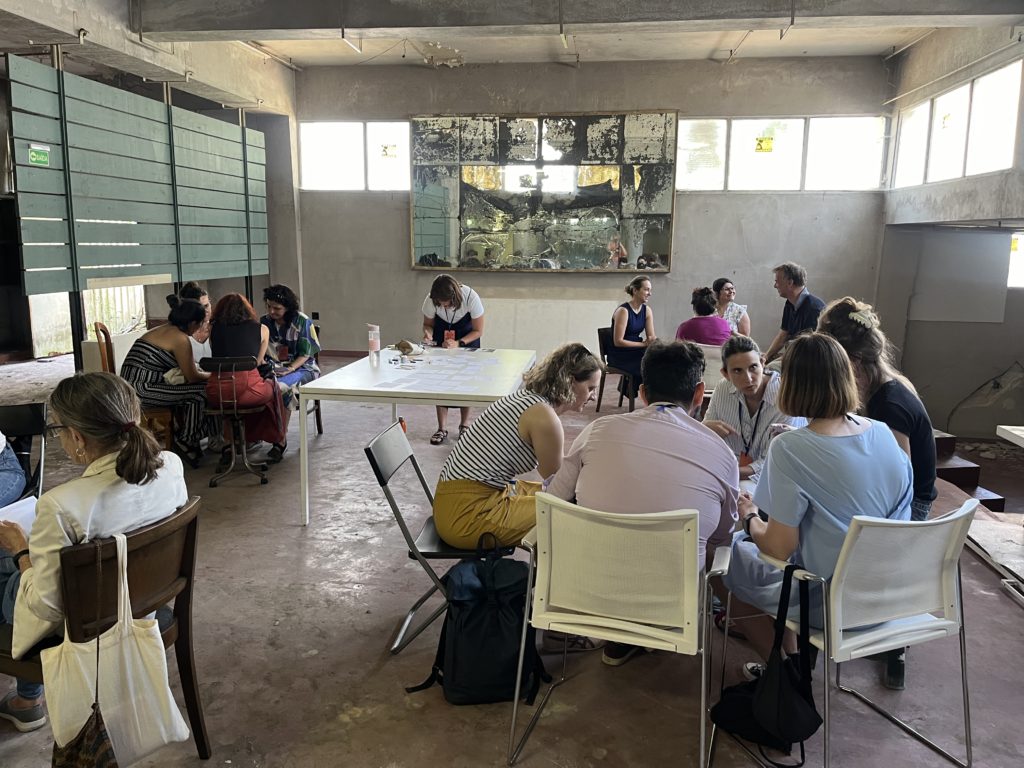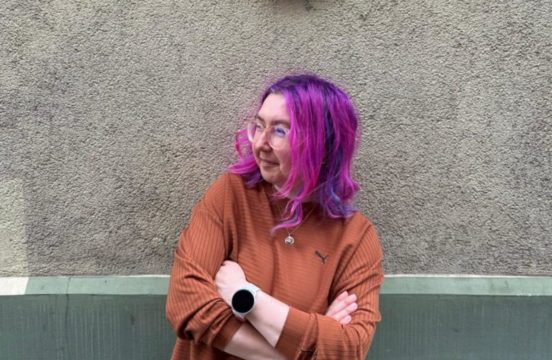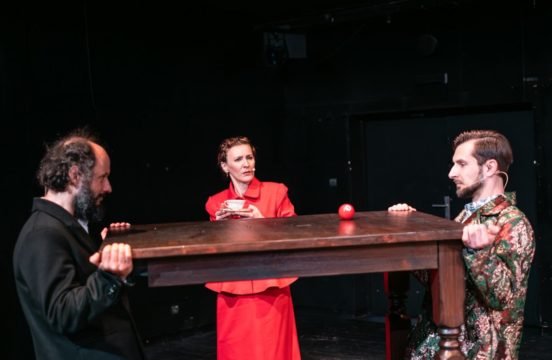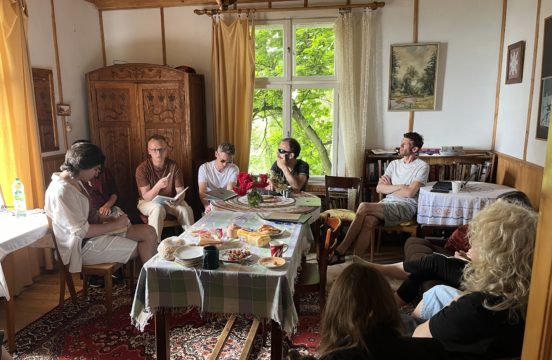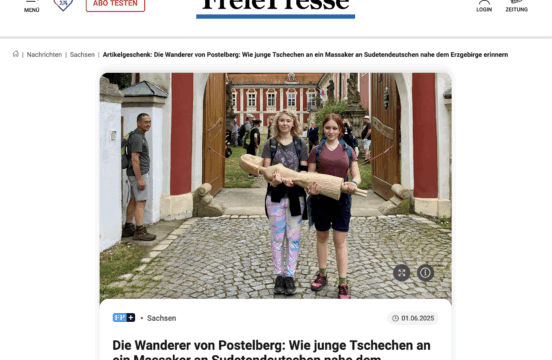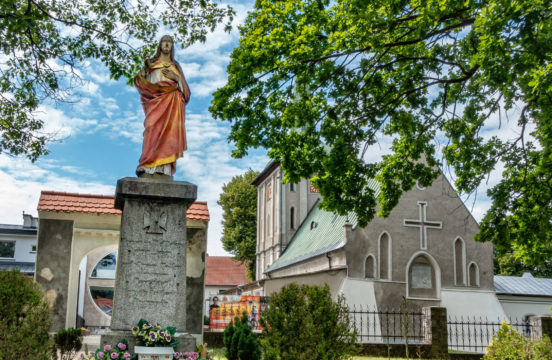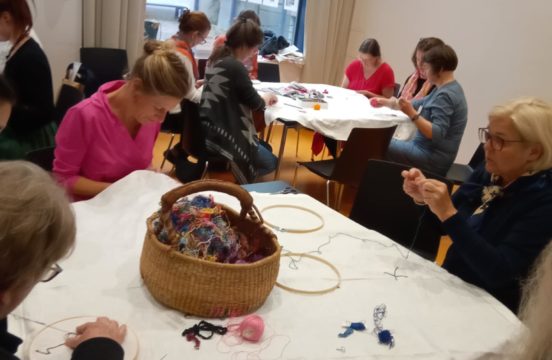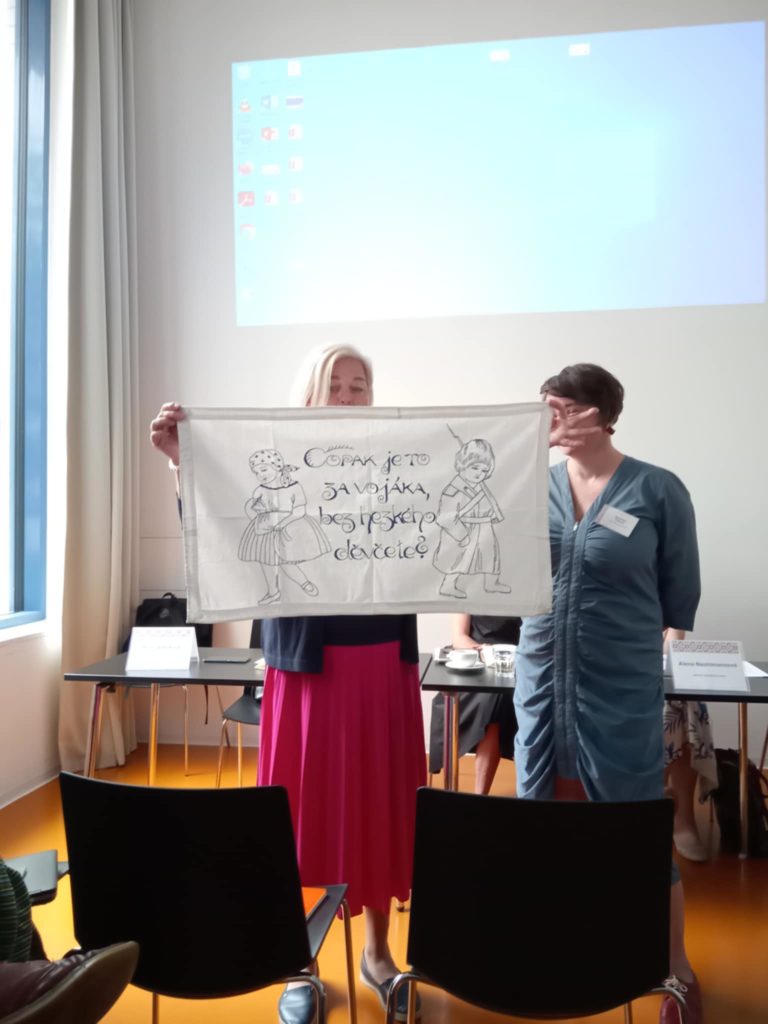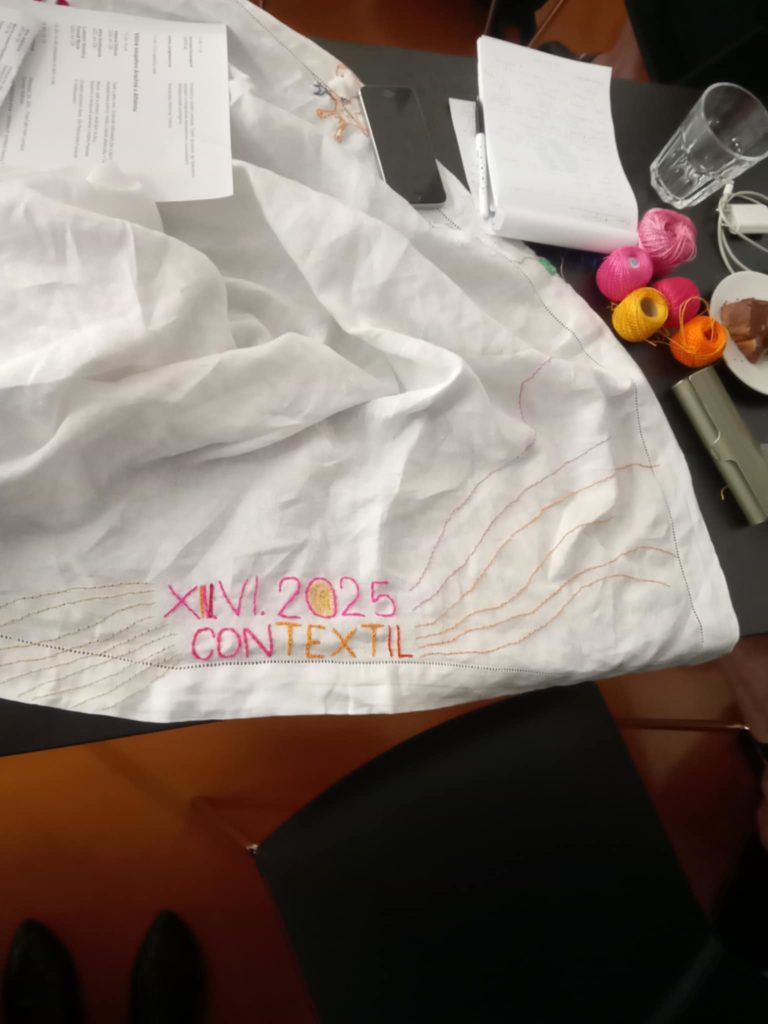This is the title of the newly published special issue of the journal Sprawy Narodowościowe. Seria nowa, edited by our researchers Karolina Ćwiek-Rogalska and Michal Korhel. What began as an abstract for the 6th Congress of Polish Studies, held in March 2024, has developed into a publication, offering valuable insights into how communities navigate their historical narratives and cultural identities amidst shifting national and cultural landscapes.
Invited scholars from various disciplines contributed articles examining the complex interplay between memory, identity, and heritage in areas where historical displacements, such as post-war population transfers and border changes, have left lasting imprints on cultural landscapes. The contributors explore how local communities reconstruct and reinterpret their histories through diverse forms of expression, including folklore, public monuments, theater, and museum curation.
We hope that this special issue will help scholars gain a deeper understanding of the dynamics at play in post-displacement societies in East Central Europe – and beyond.
The issue includes the following articles:
Veronika Kupková – To See the Unseen: From History Books to Learning from the Landscape (about how learning from the landscape facilitates better understanding of history in post-displacement Czechia)
Anna Kurpiel – Lower Silesian Costume: Transposition of Prewar Heritage Within Folkloristic and Regional Frameworks (about how the invention of tradition transcends historical and local frontiers in post-displacement Lower Silesia in Poland)
Michal Korhel – German Ghosts Haunting Slovak Theater: The Role of Drama in the Slovak Culture of Remembrance (about how we can interpret theatrical plays dealing with historical events, such as expulsion, in the case of Slovak post-displacement regions)
Agata Tumiłowicz-Mazur – Unsettled: Movable Monuments at the Cusp of German and Polish Heritage (about how objects may speak for themselves in spaces of post-displacement Polish Silesia)
Petr Wohlmuth – Veterans Day Celebration in a Hlučín Village: A Unique “Confirmatory” Military Reenactment Event (about how the dissonant heritage of the past is unveiled in post-displacement Czechia)
Agnieszka Pufelska – The Museum Appropriation of German Cultural Heritage: A Case Study of Allenstein/Olsztyn (about how the museums were created in formerly German East Prussia after it became part of Poland)
Maciej Zawistowski – The Process of Adaptation and Assimilation after 1957 as Remembered by the Descendants of the Czech Brethren in Lower Silesia (about how the members of the Czech minority in Lower Silesia in Poland deal with their heritage in post-displacement space)
Additionally, the issue includes a retrospective article. As the journal was founded in 1927, each new issue invites one author to engage with topics addressed in an interwar-era edition. In this issue, our team member Karina revisits a piece by Wacław Junosza that explores Czech-German relations. She reflects on how the issues discussed in the original article appear in light of contemporary knowledge and perspectives:
Karina Hoření – From Greatness to Ruins: The Hundred Years Between “The German Minority in Czechoslovakia” by Wacław Junosza (1929) and the Present
The issue also features two book reviews, both addressing the question of what follows after migration:
Magdalena Bubík reviews Porządek rzeczy: Relacje z przedwojennymi przedmiotami na Ziemiach Zachodnich (Order of Things: Accounts of Prewar Objects in the Western Lands) by Anna Kurpiel and Katarzyna Maniak.
Kamila Fiałkowska reviews Koloniści z Rio Claro: Społeczno-językowe światy polskich osadników w południowej Brazylii (Colonists from Rio Claro: Socio-Linguistic Worlds of Polish Settlers in Southern Brazil) by Karolina Bielenin-Lenczowska.
The full issue is available for free in open access online through the journal’s platform.
We would like to extend our sincere thanks to all of the contributors for their creativity, patience, and dedication. Your work has been invaluable to this issue.
